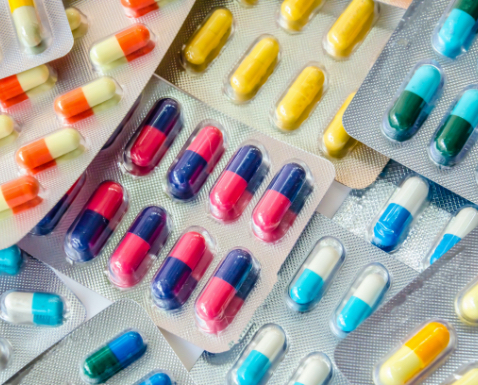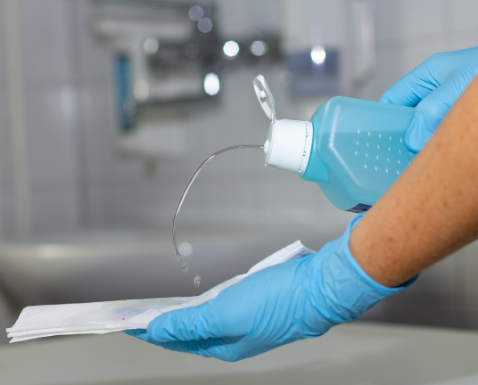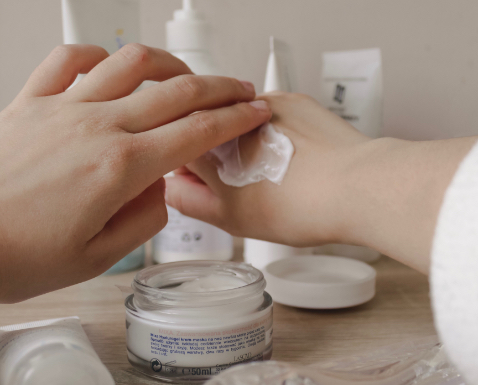Health

01
Manufacturing
of pharmaceuticals
Essential medicines such as antibiotics, blood thinners and pain relievers require solvents in their manufacture. Solvents are used as the medium in which the chemical reaction takes place to make active pharmaceutical ingredients. They help separate the desired chemical products from unwanted ones, maximising drug purity. In short, solvents can be used either as part of reaction, as a carrier or for purification (re-crystallisation). As product quality requirements for this sector are amongst the most stringent of all, the purity of the solvents used, and the consistency of the impurity profile, are paramount.
Butyl acetate is used to purify penicillin by keeping impurities in the solution whilst the penicillin is selectively removed from the reaction mixture by extraction. Further purification of the penicillin is achieved through the method of crystallisation.
Glycol ethers are used as process chemicals in the production of active pharmaceutical ingredients for contrast media that enable cancer to be detected at an early stage, contributing to saving the lives of millions of patients every year.
Acetates and esters are used as an extraction solvents to run synthesis to produce drugs like vaccines.
The administration of many essential medicines would not be possible without solvents. Sometimes medication must be applied as an ointment, swallowed as a syrup or injected as a liquid. Solvents are uniquely able to dissolve medicines safely and effectively into these medical formulations.
To note: A large pharmaceutical production plant can use 100 kilotonnes per year of solvents. Although most of the solvents can be recycled by being recovered after the reaction and reused, a gradual deterioration in quality occurs with each reuse. Once the solvents are no longer suitable for use in pharmaceutical applications, they can be recycled through distillation processes and sold to other industries where the solvent purity is not so critical.

02
Disinfectants
& cleaning products
Alcohols such as isopropyl alcohol (IPA), ethanol or propanol are the active ingredients in disinfectants, hand gels and sprays. These solvents have played a significant role in fighting the COVID-19 pandemic.
The same solvent groups also ensure that health materials are properly disinfected after use and that hospitals and medical centres are kept clean.

03
Personal care
People want to look and smell good in their everyday lives. Solvents act as a carrier in cosmetics and personal care products, perfumes and fragrances (ethanol). They are uniquely able to dissolve the essence of flowers and other sweet-smelling plants, transforming them into aerosol fragrances. Solvents also dissolve pigments, oils and more, creating products such as lipsticks, eye shadows or nail polish (acetate) that accentuate your best features. Solvents are also used to remove nail polish. And if you want to change the colour of your hair, the dyes will contain glycol ethers.
Water-based solvents (alcohols, glycols) are a crucial part of the skin and personal care products such as skin lotions, moisturisers and liquid foundations, as well as toothpaste and mouthwash. They are used to dissolve certain ingredients, helping to enhance functionality, texture and sensorial attributes.
Finally, aliphatic hydrocarbon solvents are added into sun creams and massage oils. Due to their low surface tension, they allow a uniform spread onto the skin.

